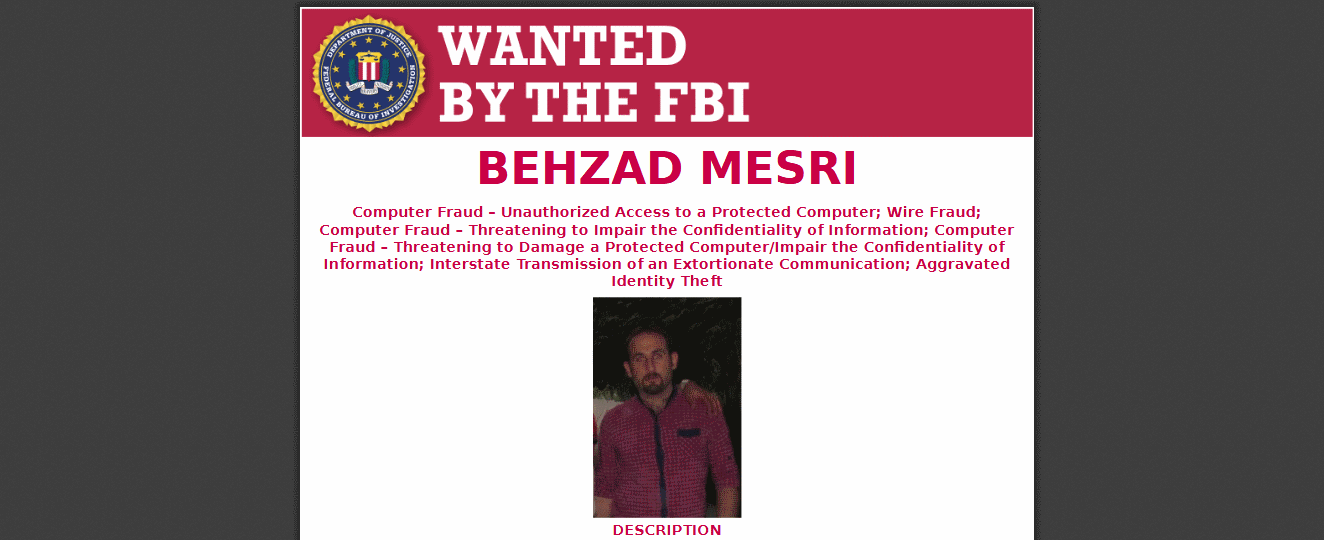
It seems that Mesri is a member of Turk Black Hat Iranian hacking group, which is responsible for defacing hundreds of websites, and most famously, the hacking of HBO's computer servers. As expected, we have heard nothing from Mesri himself.
Silence, in such cases, means that the accused is unable to justify their actions; was he doing it for someone else? Was it for money or ideology? The fate of exposed hackers in Iran is unlikely to be good.
As noted in the US indictment, Mesri will be unable to travel abroad and presumably for this reason, there will not be so many opportunities for employment in the future. Whether staying silent is Meri's own decision, or whether he was obeying orders form higher up the command chain, is not known. Although the cybersecurity consulting and intelligence company Clearsky have recently reported evidence linking Mesri to the Iranian hacking group Charming Kitten, it is still unclear if this group and other Iranian hacking groups are working for the Iranian government.








